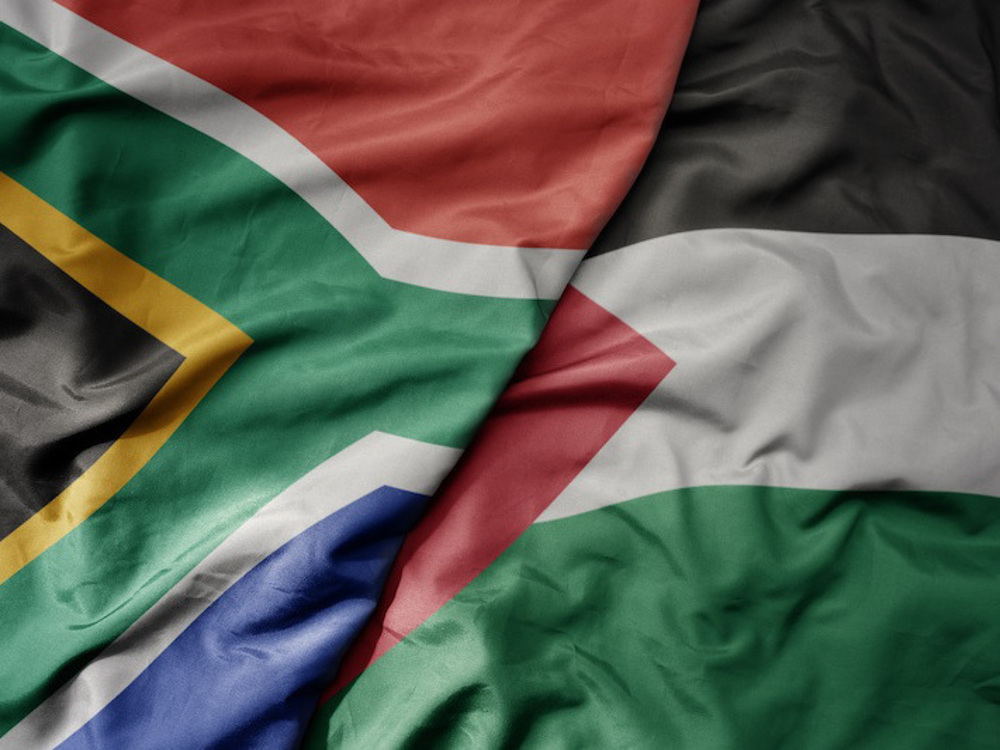Pope describes Muslims, Christians as 'brothers, sisters'
Pope Francis says Muslims and Christians are 'brothers and sisters' during a visit to the only remaining Muslim neighborhood in Central African Republic's capital, Bangui.
"Christians and Muslims are brothers and sisters and must behave as such,” the leader of the Catholic church said on Monday during a visit to the Central Mosque of Bangui in the once prosperous PK5 Muslim neighborhood of the capital.
"Christians and Muslims and members of traditional religions have lived peacefully for many years," he said, adding, "Together, we say no to hatred, to vengeance and violence especially that committed in the name of a religion or God."
The Pope's visit to the mosque marked the highlight of his three-nation African tour, with previous stops being in Kenya and Uganda.
The chief imam at the mosque, Tidiani Moussa Naibi, thanked the pontiff for his visit, which he said was "a symbol which we all understand."
Sectarian violence by the majority Christian militia, fueled by politico-economic factors, has driven away many Muslims from the CAR to neighboring countries.
Today, the capital that once had 122,000 Muslims has only around 15,000, according to Human Rights Watch.
The anti-Balaka Christian militia has driven the Muslims out by targeting symbols of Islam, destroying mosques and attacking civilians wearing traditional Islamic clothing.

Before a fresh wave of violence erupted in 2014, the Muslim community in CAR had a prosperous life. As soon as the Muslims fled, their shops were looted and destroyed. In some cases, anti-Balaka Christian militia even spray-painted their names on the homes of departing Muslims to claim them.
Throughout the early months of 2014, mobs attacked Muslims in the streets, even decapitating and dismembering them and setting their corpses ablaze. Tens of thousands of Muslim civilians fled to neighboring Chad and Cameroon.
Anti-Balaka militias claim their attacks against Muslims are in retaliation for what they call the atrocities of members of the Seleka group, who staged a coup in 2013 that ousted President Francois Bozize.
CAR plunged into chaos and sectarian violence in March that year after the Seleka and anti-Balaka groups turned their guns on each other to dominate the nation’s politics and vast mineral resources.
According to the latest UN estimates, CAR has 399,000 internally displaced refugees while almost 460,000 have fled to neighboring countries.
VIDEO | Yemenis praise the military for its successful operations against Israel
VIDEO | Israel continues to bomb Gaza homes
VIDEO | An insider's view of the country: Meybod City in Yazd
‘All wars have rules. All of those rules have been broken’ by Israel
VIDEO | Report flags India’s violation of rights of Rohingya detainees
Turkey's foreign minister meets Syria's de facto leader in Damascus
VIDEO | US Syria plots
'Next to impossible' to rescue patients from Gaza's Kamal Adwan Hospital: Director















 This makes it easy to access the Press TV website
This makes it easy to access the Press TV website